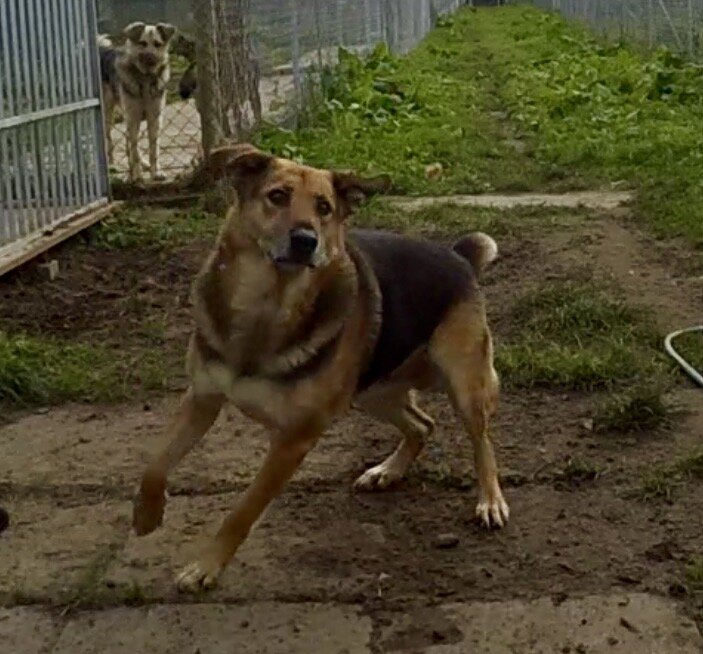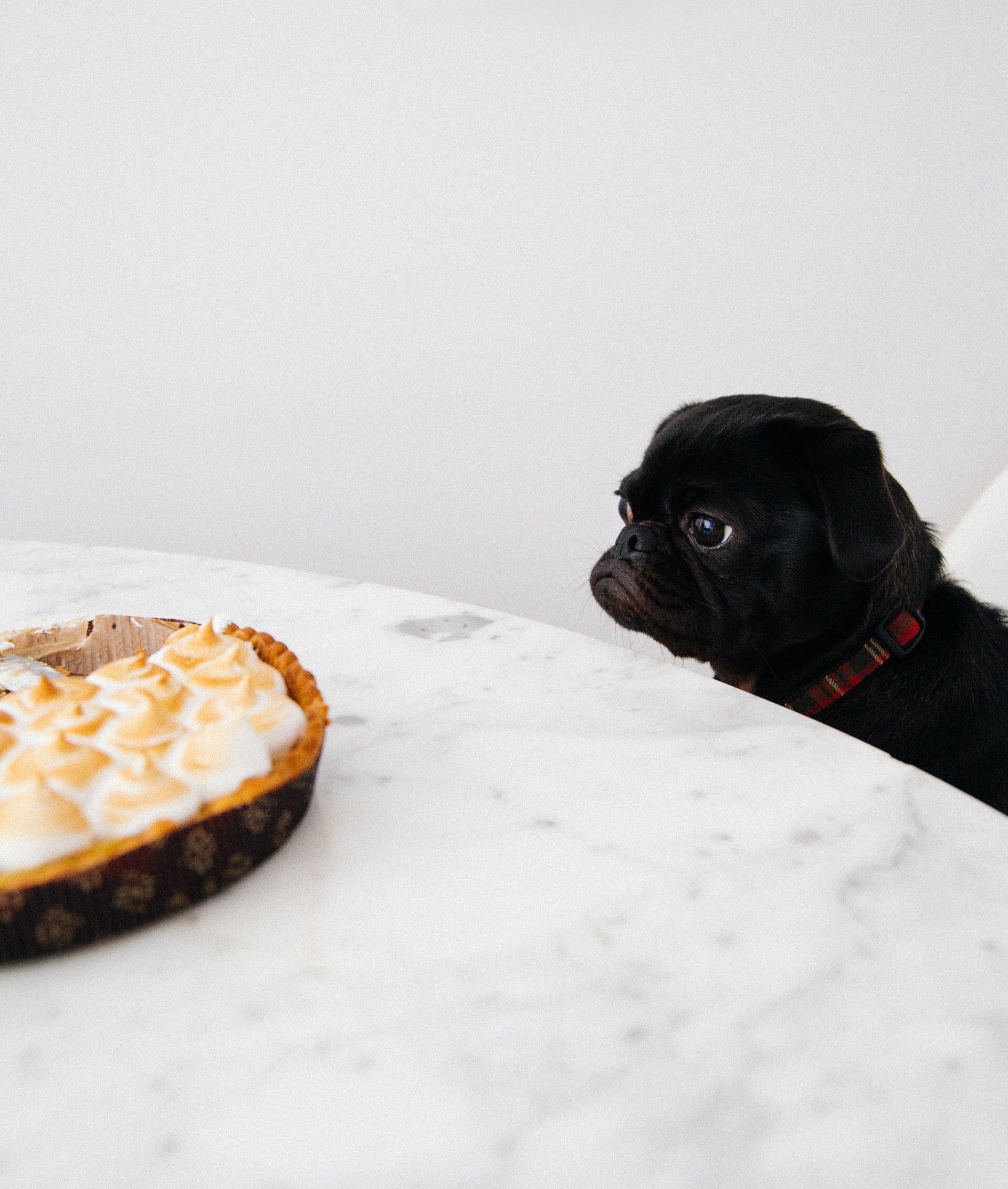Taking a new dog or puppy home
Contemplating taking a new dog or puppy home? Let’s talk about adopting from a shelter, fostering or finding a good breeder - all worth considering.
How to set your new puppy up for success part 2
The second part of the blog with 5 more tips on what to do to avoid mistakes and set your new puppy up for success.
How to set your new puppy up for success part 1
Pups need a lot of attention and the more time you put into developing good habits in them, helping them get confidence in navigating in the world, the more likely they will be to grow into nicely behaved adults. In part 1 read first 5 tips on what to do to avoid mistakes and set your new puppy up for success.
Reinforcing unwanted behaviour and micro-shaping
I'm not afraid of allowing the dog to briefly do things I might later want to change. I know how shaping works and how small a start of a behaviour can be. And when I have a starting point I will continue to micro-shape it until I see the behaviour that is acceptable for everyone (including the dog).
Behaviour works across the species
Behaviour is behaviour and you can find the consequences that drive it for every species you encounter.
The truth about stress-free life and teaching
Is stress-free life about creating a life for dogs or people that will keep them in a bubble without any stress? Or is it about building skills ahead of time so when the stressful situation happens, they are equipped to cope with it?
Dog training in animal shelter - dealing with mistakes (video)
We can have a training plan in mind but it's the dog who will tell us if the plan is good or not. Don’t be afraid to move back a few steps in your training plan and ask for less at any point. Work with whatever you have in front of you. Looking back at the video you've made, you might realise whose mistake that really was.
Unpacking labels and ability to learn
Labels can be very useful in day-to-day life to communicate with each other faster. It might get tricky once the label becomes a force that we tend to blame for certain behaviours. I would like to encourage you to start unpacking the labels to find solutions. We and our animals are not doomed to our current circumstances. We can make progress, we can learn and we can change our current behaviours.
Impulse control vs. trial and success learning
Instead of trying to develop an impulse control inside the animal, I much rather prefer to focus on teaching the essential skills that my dog needs. When you teach all of the skills step by step, you teach by adding successes not by eliminating errors.
How to teach calm behaviours?
Make it worthwhile for the dog to stay calm and teach him that "when I'm here, I get fed. I can just relax then". Watch the video and read more about this beautiful communication between species.
What does science-based even mean?
I often say that my animal training is science-based but what does that even mean and why would that matter?
You don’t have to change someone’s beliefs to change their behaviour
Allow people to have their choices and time to test things you are recommending. Even if you don’t like what they are doing, don’t judge them but try to understand. It won’t be easy to stop judging people but when you change yourself before you demand it from others, you will see how your change influences everyone around you.












